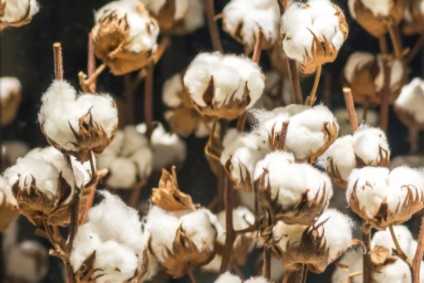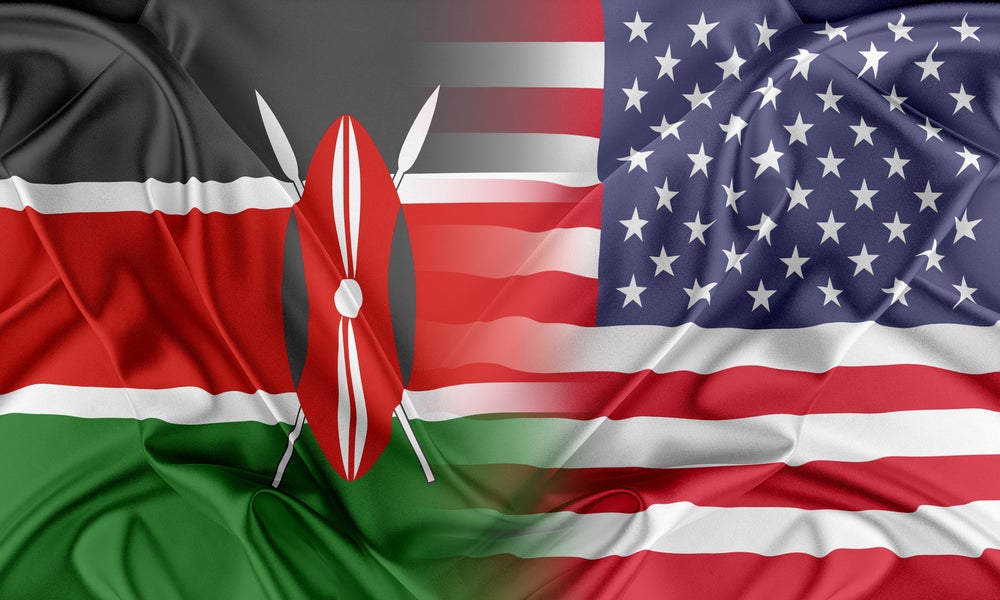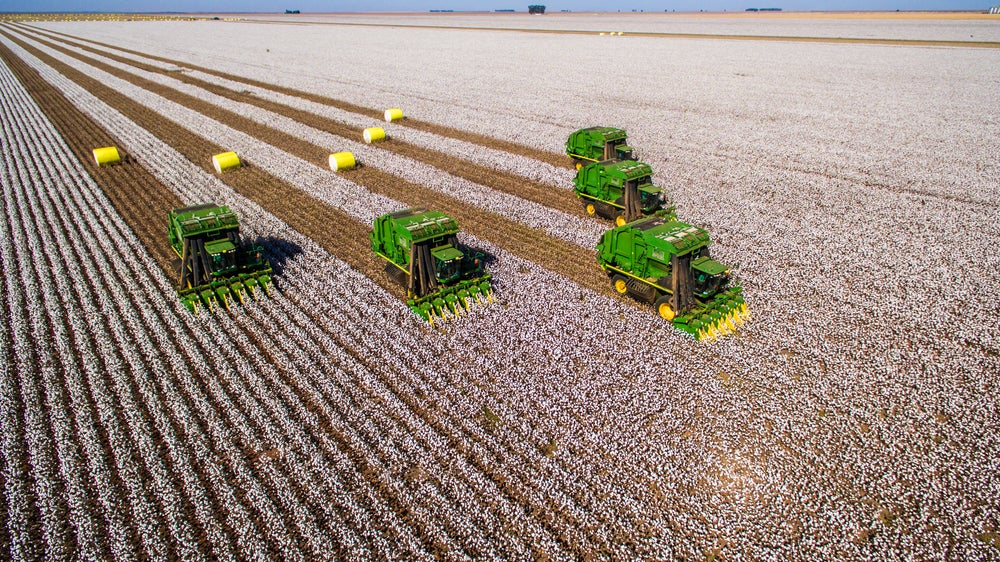
The Organic Cotton Accelerator (OCA) has teamed up with the Partnership for Sustainable Textiles to promote the creation of fair and transparent supply chains from organic cotton farmers to consumers.
By combining their efforts, the two organisations plan to mobilise and support a growing number of brands and retailers in taking action in their own supply chains and deliver tangible benefits to organic farmers, such as better prices, secure offtake for their organic cotton and access to organic seeds and training.
“This way, we aim to foster the availability of organic cotton for the entire supply chain, while increasing the positive impact of organic cotton on people, planet and prosperity at the farm-level,” OCA explains.
The body claims to be the only multi-stakeholder organisation fully dedicated to organic cotton. As a global platform, it is committed to bringing integrity, supply security and measurable social and environmental impact to organic cotton.
Its strategic cooperation with the Partnership for Sustainable Textiles, which was founded to improve the social and environmental conditions within global textile production, will take a three-pronged approach, focusing on the following areas:
See Also:
- Increase awareness and knowledge of brands, retailers and farmers on practical approaches and solutions to improve the availability and impact of organic cotton.
- Share resources and capacity building for small-scale farmers for efficient and beneficial cultivation of organic cotton.
- Jointly develop supporting tools for brands and retailers to provide relevant information for sustainable sourcing.
The move will also act to contribute to the joint goal of the Partnership members to up their share of sustainable cotton. By 2025, the share of sustainable cotton is to be increased to a total of 70% and the proportion of organic cotton contained in it to 20%.
How well do you really know your competitors?
Access the most comprehensive Company Profiles on the market, powered by GlobalData. Save hours of research. Gain competitive edge.

Thank you!
Your download email will arrive shortly
Not ready to buy yet? Download a free sample
We are confident about the unique quality of our Company Profiles. However, we want you to make the most beneficial decision for your business, so we offer a free sample that you can download by submitting the below form
By GlobalData“At OCA, we support farm-level interventions because we believe that by supporting the farmer, we strengthen the sector and we safeguard the planet. For this positive effect to be fully realised; we need commitment and collaboration across the whole sector,” says OCA executive director, Bart Vollaard. “The Partnership for Sustainable Textiles understands the power of collaboration and knows that by pooling forces, their members can use their combined strengths to initiate broader change in production countries. By working in unison, we can achieve so much more than acting alone.”
Jürgen Janssen, head of the Partnership secretariat, adds: “The market for certified organic cotton poses one of the mysteries in our efforts for a fairer and more sustainable textiles and garment industry: Brands and retailers say they struggle to get their hands on the material whilst many farmers complain that they have to sell their organic produce through conventional channels without any premiums.
“By entering into a strategic cooperation with OCA, the Partnership for Sustainable Textiles strives to increase the leverage for change in organic cotton supply chains to solve this mystery and increase production and availability of certified organic cotton. Building more and stronger links between supply and demand plays an important role in this endeavour as this will reduce risk at farm level thus enabling more small-scale farmers to convert their production to organic and sell their produce at a premium.”







